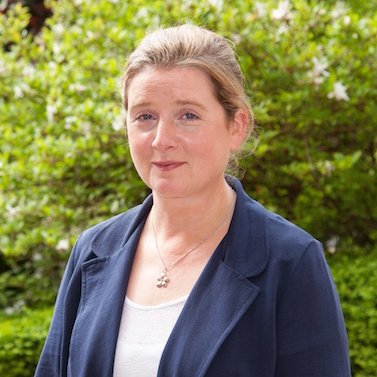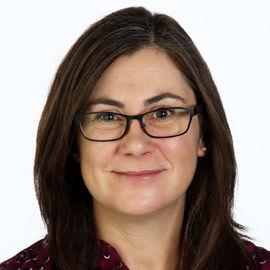team
Jeremy Piggott
Assist. Professor of Aquatic Biology, School of Natural Sciences
My research focuses on several topical themes in fundamental and applied ecology, including the determinants of biodiversity structure and function from genes to ecosystems, the combined influence of multiple anthropogenic stressors on communities and ecosystems, and the management and conservation of biodiversity and ecosystem services in the face of global change. I perform my research predominantly in streams and rivers, combining ‘natural’ field experiments with manipulative experiments performed at a range of scales, from whole streams, through stream-side channels to small mesocosms. By advancing knowledge and connecting science to policy, my research seeks to improve the management, conservation and restoration of aquatic ecosystems in the face of global change. In Land2Sea, I lead WP3 on the Impacts of multiple pressures on biodiversity and ecosystem functioning in freshwater and coastal marine habitats
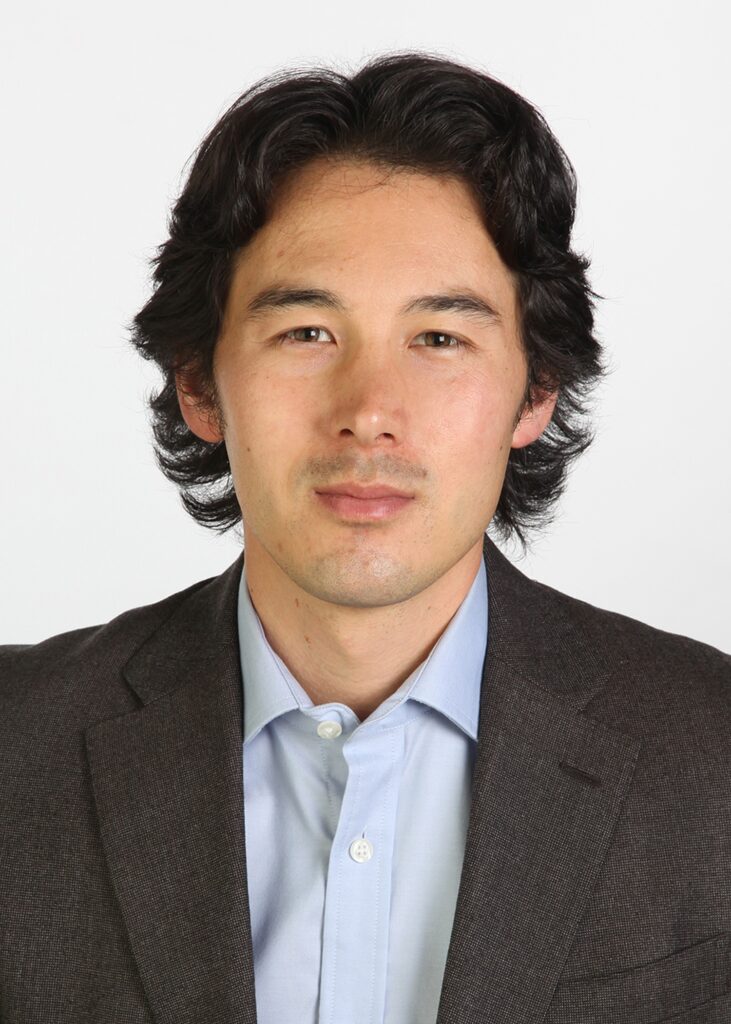
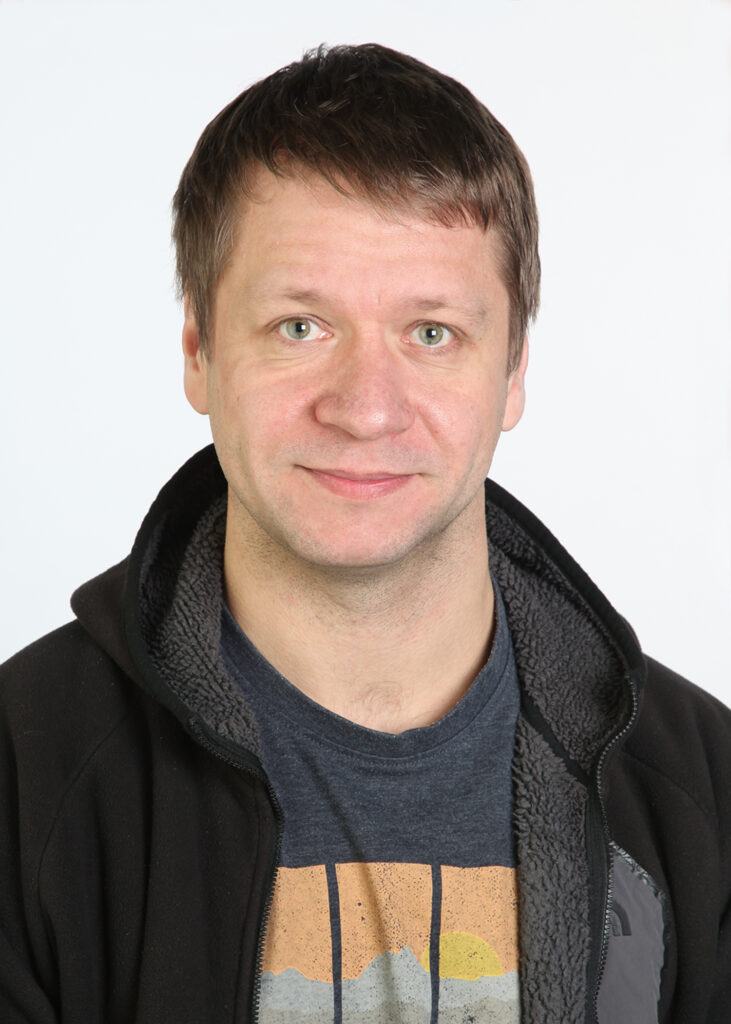
Marcin Penk
Research Fellow, School of Natural Sciences
I’m an aquatic biologist and community ecologist, principally interested in how environmental contexts shape biological communities and influence ecosystem functioning. I am primarily an empiricist, combining experiments with field surveys to test and develop theory, and to address environmental problems. My key expertise lies in the mechanisms and impacts of eutrophication, climate change and biological invasions in aquatic ecosystems and fringing ecotones. Within Land2Sea, I am collaborating on Bayesian Belief Networks and literature review.
Katrin Schertenleib
PhD Researcher, School of Natural Sciences
I am a marine ecologist researching the effects of climate change on coastal benthic communities. For Land2Sea, I model the marine Bayesian Belief Network for the Dublin Bay case study. The model will link local drivers and predicted climate change scenarios to the impacts they will have on coastal and marine biology in Dublin Bay. In addition to this modelling work, I conduct experiments in a new mesocosm facility to disentangle the independent and combined effects of multiple stressors on benthic rocky shore species. I am interested in how multiple stressors such as ocean warming, acidification and nutrient enrichment affect single species or assemblages, if, how and why their effects interact, and if interactive effects are mediated by biological interactions. By quantifying key processes (e.g. primary and secondary production, or macroalgae-grazer relationships) under current and predicted climate conditions I hope to help estimate our future ocean’s species assemblages and the capacity to produce bioenergy, food and biomaterials from marine organisms (e.g. shellfish, seaweed).
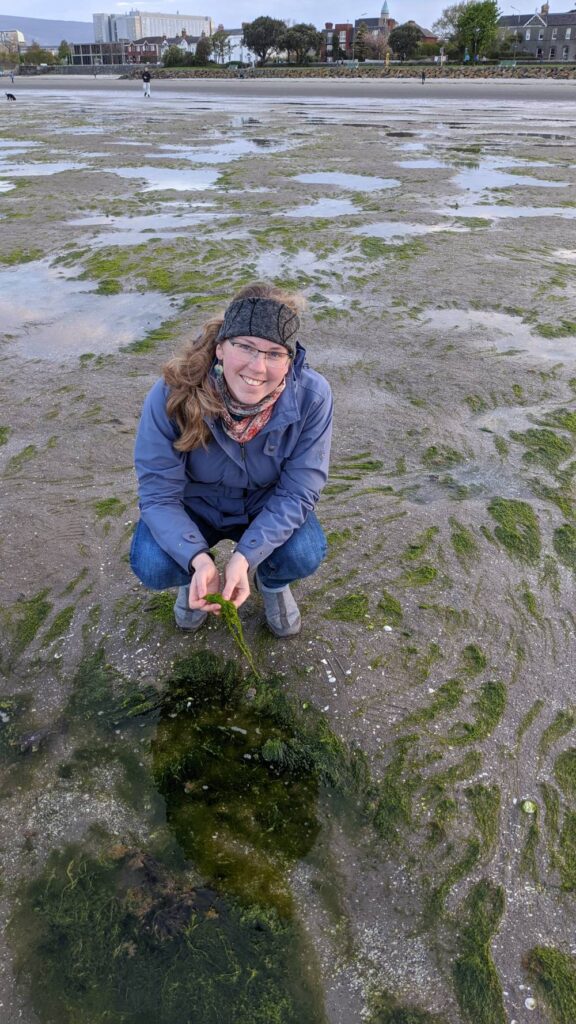
Nessa O'Connor
